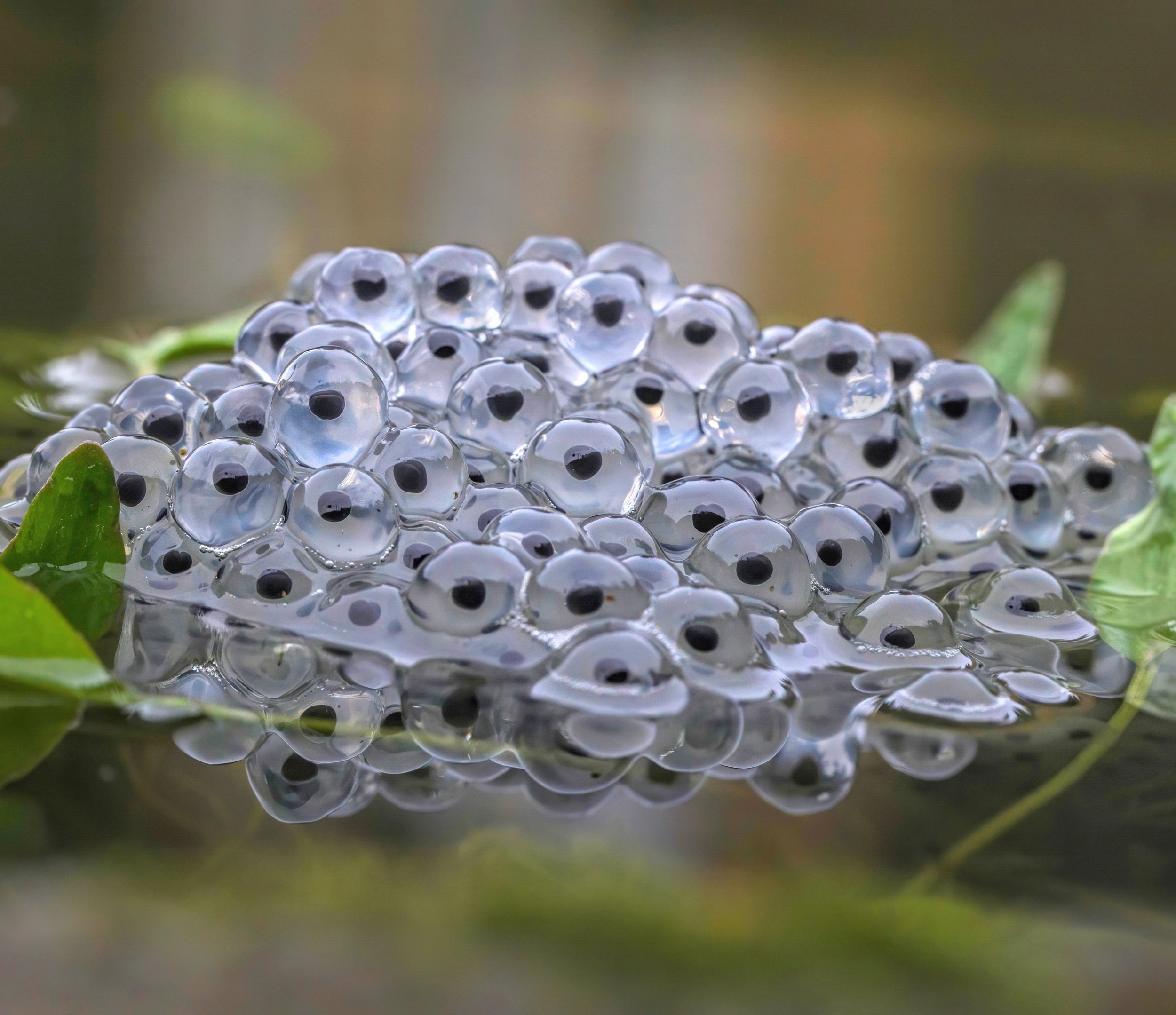The Saskatchewan Roughriders have re-signed American running back A.J. Ouellette to a one-year contract extension.
Ouellette (5’8-208) was a key member of the 2025 Grey Cup championship…

The Saskatchewan Roughriders have re-signed American running back A.J. Ouellette to a one-year contract extension.
Ouellette (5’8-208) was a key member of the 2025 Grey Cup championship…

Amazon’s Melania Trump documentary has reportedly beaten box office expectations and recorded the strongest start of any documentary in over a decade, taking more than $8m at the US box office during its lavishly-promoted opening weekend….

The price of consumer goods including computers, electrical machinery and transport equipment could surge this year as a result of soaring shipping costs, an industry body has said, adding that “cracks [are] forming in the global trading system”.
The cost of transport, energy and raw materials continues to rise and prices remain volatile, which could feed through to businesses and consumers during 2026, according to a study by the Chartered Institute of Procurement and Supply (CIPS).
Concerns about disruption to supply chains during the next three months reached the highest level in two years, suggesting growing worries among procurement teams. The concerns were reported in a survey conducted in late 2025 by CIPS, an international trade body that represents 64,000 member organisations in procurement and supply chains across 180 countries.
Bosses responsible for procurement said they were often the first within companies to notice rising prices or problems getting hold of goods. They said uncertainty and price volatility risked becoming a permanent feature of international trade rather than a temporary disruption, as the turmoil unleashed by the pandemic has been followed by geopolitical tensions around the world.
Shipping and logistics is the area most likely to see significant price rises in 2026, according to the procurement bosses surveyed, with 22% of respondents reporting cost increases of more than 10% by the end of 2025.
Nearly a fifth (18%) said they had seen similar price increases for computers and peripheral equipment, while 15% reported cost rises for transport equipment and 14% for electrical machinery and apparatus.
These price rises and continued volatility are fuelling expectations of more inflationary pressure for consumers during 2026. Shoppers had already seen increases for some computers late last year, with Lenovo and Dell reportedly hiking prices by about 15%. In December, the price of some Dell laptops rose between $130 (£95) and $765, depending on the model and memory size, Business Insider reported.
The average spot shipping rate between Asia and the US west coast jumped by nearly 30% between late December and early January. The rate increased to $2,145 for a 40ft (12-metre) equivalent unit (FEU), a standard shipping container, up from $2,757, according to the Freightos Baltic Index.
Prices on shipping routes between Asia and the US east coast and Europe have also climbed in recent weeks.
Ben Farrell, the chief executive of CIPS, said: “Procurement professionals are often the first to see cracks forming in the global trading system.”
He added: “Volatility is no longer an exception. When logistics costs can swing by 20%-30% in weeks, those pressures inevitably ripple through to businesses and consumers alike.”
International freight shipping costs were already on the rise and climbed further after increased tensions, stoked by Donald Trump’s recent threats to take over Greenland and impose further tariffs on European allies as well as the possibility of war between the US and Iran, sending investors fleeing to traditional safe haven assets such as gold and the Swiss franc.
US tariffs and protectionist policies were highlighted as important causes of price volatility by those surveyed, who said they were directly being affected by shifting trade rules and China-US tensions.

People across Punjab will enjoy an extended long weekend as the provincial government announced consecutive public holidays, offering residents a welcome opportunity to relax and recharge.
The Punjab government declared February 6 as a…

New data from NASA’s ongoing analysis of Jupiter’s moon Europa has forced scientists to reconsider fundamental assumptions about one of the solar system’s most promising candidates for extraterrestrial life. The space agency’s…

Sharks are, arguably, the most feared animals in the ocean. Somewhat unfairly, they have gained a reputation as terrible brutes that can’t resist the taste of humans.
Stats show that this just isn’t the case. Seven people died from shark…

New research suggests that memory problems in Alzheimer’s disease may be linked to a failure in how the brain replays recent experiences while at rest. The study, conducted in mice by scientists at University College London (UCL), points to a…

A gene duplicated in the evolutionary past has been shown to act as the master switch that determines whether embryos develop as male or female in the African clawed frog.
That finding reveals how evolution can reassign the most sensitive…